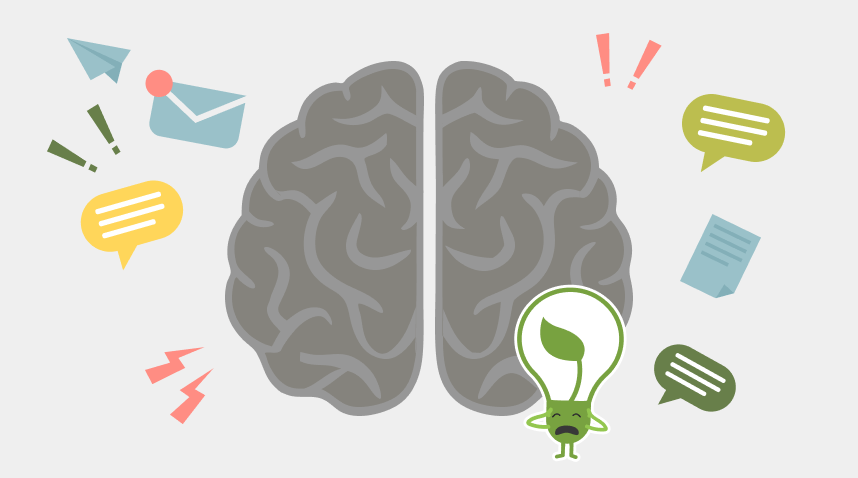TLDR: From my retreat, I have realised how to stop getting in the way of myself and how to support myself in my spiritual journey by diving deeper and contrasting what the Buddha and society defines as happiness.
“I am only human…Choose my dukkha wisely!” This is what I would say to myself after attending the DAYWA (Dhamma Assembly for Young Working Adults) KL Retreat from Aug 7-11.
Before the retreat, I was feeling trapped with so much anger, ill-will, and desires – all nicely wrapped up in a package and delivered to me.
I didn’t know what to do with it, and understandably, I ended up blaming the people around me or myself instead. As you would have guessed, it did not help me feel any better.
During the second day of our retreat, Sis Sylvia Bay, an esteemed Dhamma practitioner, gave us a crash course in the basics of Buddhist teachings. At the end of the session, I remembered writing in my notebook: “I see the light”.
You see, so many of us are caught in the day-to-day hustle and bustle with no time to reflect on whether we are doing things that truly reflect our values or who we aspire to be.
And even if we did, the beliefs that we hold as human beings, mainly about what makes us happy – are often distorted and inaccurate due to societal conditioning. We think that we know what makes us happy.
But when we put in the time, effort, and money to pursue it, we start to realise that it does not bring us as much happiness as we think it would. Perhaps that happiness was short-lived, or we realised it was not what we thought it to be. Perhaps there was happiness, but there were also stresses that came out of it.
And so, we may ask ourselves… Why does happiness feel so elusive?
The Nature of Our Minds

Something the Buddha highlighted time and time again… Our minds are more impressionable than we think. This is also something we may notice once we start observing our minds.
It’s like a baby, desperately trying to get our attention, and at the same time, easily wavered and attracted to shiny, fancy items in the external world.
It is constantly moving and on the lookout for the next thing it could attach itself to, so that pleasure can be maximised.
But at what cost?
Like a parent who struggles with a baby, frustration and agitation arise when we can’t seem to control our minds. It doesn’t help that in this modern day and age, there are simply too many things fighting for our attention – be it at shopping malls, or on social media. This can add fuel to the fire, making it harder for our minds to rest.
“Choose Your Dukkha Wisely”
During the retreat, there was a joke going around about how this phrase should be printed on future Daywa shirts: “Choose your Dukkha Wisely”, as shared by my Dhamma friend, Heng Xuan.
What does it mean to choose our dukkha wisely?
“Dukkha” refers to the suffering/unsatisfactoriness that plagues us as human beings, which comes in the form of unsatisfactoriness and unhappiness in life.
According to the Buddha, the cause of dukkha is craving (2nd noble truth). Each time we want something, be it an object, an accolade, an affirmation, or even simply wanting people to like us… These would ultimately lead to suffering because we have the wrong view that these things are permanent and we rely on them to give us happiness.
Growing up, we chase what society tells us is “good for you“, be it good grades, a job promotion, lots of money, a big house, etc.
How many times have we heard stories of people chasing all of these in the corporate world, only to realise that the happiness it brings is not only transient but unreliable?
How many times have we heard of stories that also shared about how living a life that is true to our values and doing what we love is likely to bring us contentment and happiness, despite “having less”?
As I listened to the Dhamma sharing by Sis Sylvia, it suddenly dawned upon me that such. is. life.
This is the human condition and traits of the existence of life.
As humans, we are born with seeds of desires, lust, anger, ill will, and perhaps hatred. We are conditioned by society to think, act, and behave in a certain way since young. As a result, we may be unknowingly watering these seeds without the awareness that it inevitably brings us dukkha.

We think that having more brings us happiness, so we frantically purchase items online when it’s 1/1 or 11/11. We think that we have to be right, and so we try to disprove another’s opinion when it differs from our own. We dislike people who dislike us or do not respect us.
And yet, as humans, we are also born with seeds of goodness. Seeds of compassion, metta (loving-kindness), generosity, and a sense of conscience guide us along this path. Or perhaps, as Buddhists, we can think of it as getting in touch with our bodhicitta and living out the qualities of the Buddha.
So how to choose our Dukkha Wisely? Stay tuned for Part II
Wise Steps:
- Understand the nature of our minds
- Tame the mind through Dhamma learning and meditation
- Be patient and gentle with yourself through this journey


